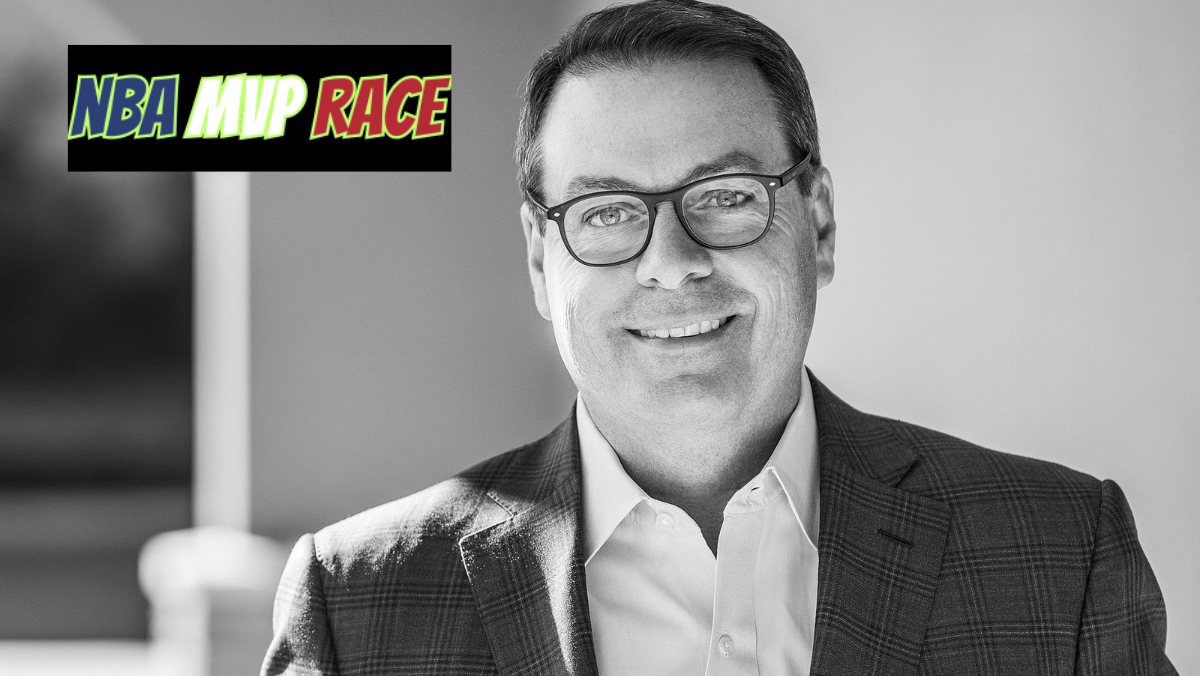Introduction
Pastor Chris Hodges, the founder of Church of the Highlands in Birmingham, Alabama, has been a prominent figure in the evangelical community since establishing the church in 2001. Under his leadership, the church has experienced exponential growth, expanding to over 60,000 weekly attendees across multiple campuses. However, Hodges’ tenure has not been without controversy. This article delves into the significant events that have shaped his leadership journey, the church’s response to these challenges, and the implications for its future.
The 2020 Social Media Controversy
In 2020, Pastor Hodges faced intense scrutiny after his social media activity drew public attention. He was criticized for liking posts by conservative commentator Charlie Kirk, which some perceived as racially insensitive. One such post juxtaposed images of President Donald Trump with civil rights icons Muhammad Ali and Rosa Parks, alongside a photo of Democratic Virginia Governor Ralph Northam in blackface, sparking outrage within the community.
The backlash was swift and significant. Both the Housing Authority of Birmingham District and the Birmingham Board of Education severed ties with Church of the Highlands, citing concerns over Hodges’ social media interactions. These partnerships had previously allowed the church to use public facilities for services and community outreach programs. The dissolution of these relationships not only affected the church’s operations but also its reputation within the broader Birmingham community.
In response to the outcry, Pastor Hodges addressed his congregation, expressing deep remorse for his actions. He stated, “I understand how this has made you feel and I apologize. Honestly, it’s understandable to me. I don’t take it personally. I know people are hurting right now and they want clarity.” Hodges emphasized that his intentions were not to cause harm and acknowledged the need for greater sensitivity and awareness in his actions. This incident prompted the church to engage in deeper conversations about race, unity, and the role of faith communities in addressing social justice issues.
Leadership Transition in 2025
In February 2025, a significant leadership transition was announced at Church of the Highlands. Pastor Chris Hodges revealed that he would be stepping down as lead pastor to focus on his role as chancellor of Highlands College, an institution dedicated to training future church leaders. Mark Pettus, who had been serving as the president of Highlands College, was named as his successor.
This decision was the culmination of over two years of discussions and planning. Hodges explained that while he remained passionate about the church, his calling had evolved towards empowering the next generation of leaders through education. He stated, “I’m not retiring. I’m not burned out. I am not tired. In fact, I have more energy and passion than I’ve had in a long time. But this transition of roles is actually going to let me live out my ultimate calling.”
The congregation’s response to this announcement was mixed. While many expressed support and appreciation for Hodges’ dedication, others voiced concerns about the timing and potential implications of the transition, especially in light of past controversies. The church leadership emphasized that this move was strategic, aiming to position the church for continued growth and relevance in the coming years.
Other Notable Controversies and Criticisms
Beyond the social media incident and leadership changes, Church of the Highlands has faced additional challenges that have sparked debate both within and outside the congregation.
Financial Transparency and Management
The church’s rapid expansion and substantial financial resources have led to questions about its financial practices. Critics have called for greater transparency regarding Pastor Hodges’ compensation and the allocation of church funds. In 2024, the church faced criticism for its $4.5 million investment in a pastoral retreat center known as “The Lodge.” Designed as a space for rehabilitating pastors accused of misconduct, the facility raised concerns about whether such initiatives prioritize forgiveness over accountability. The church has maintained that its financial decisions are aligned with its mission and values, emphasizing stewardship and community impact.
Allegations of Authoritarian Leadership
Reports have surfaced alleging an authoritarian leadership style within the church, with some describing the environment as “cult-like.” These accounts suggest a culture where dissent is discouraged, and conformity is expected. The church has responded by highlighting its commitment to a biblically-based leadership structure and the importance of unity within the congregation. However, these allegations have prompted discussions about the balance between strong leadership and fostering an environment where diverse perspectives are valued.
COVID-19 Response
During the COVID-19 pandemic in 2020, Church of the Highlands faced criticism for its approach to public health guidelines. The church held services at full capacity, defying local restrictions aimed at curbing the spread of the virus. This decision was met with concern from public health officials and community members, who feared it could contribute to increased transmission rates. The church defended its actions by citing the essential nature of communal worship and implemented safety measures to protect attendees. This episode highlighted the tension between religious freedoms and public health responsibilities during unprecedented times.
Conclusion
Pastor Chris Hodges’ journey with Church of the Highlands encapsulates a narrative of remarkable growth intertwined with significant challenges. The controversies surrounding his leadership have prompted introspection within the church and the broader community. As the church transitions under new leadership, it faces the task of addressing past criticisms while striving to maintain its mission and unity. The path forward will require a delicate balance of honoring the church’s legacy, fostering transparency, and embracing change to navigate the complexities of modern faith communities.
Also Read: heardle 60s




